Hands down, baozi will be one of the top 3 foods I miss from China. I have still included this in my Xizhou Food Guide series, but baozi is definitely not unique to this area. I have never been able to find a comprehensive list of baozi that I liked, so I wanted to compile one from my own experiences.
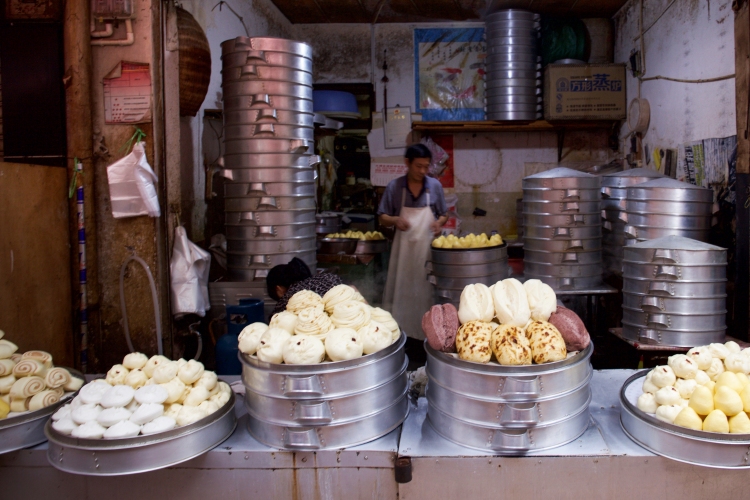
Your typical baozi shop will have the following options:
1) Mantou (馒头, mántou)
The most basic of them all, mantou is just a plain steamed bun. No filling, no special shape; just a lump of white, fluffy, plain dough. Some people enjoy fried mantou with condensed milk for dinner, or I have seen locals eat a huge mantou with a side of chili sauce for dipping.
As a side note, mantou literally means “slow head.”
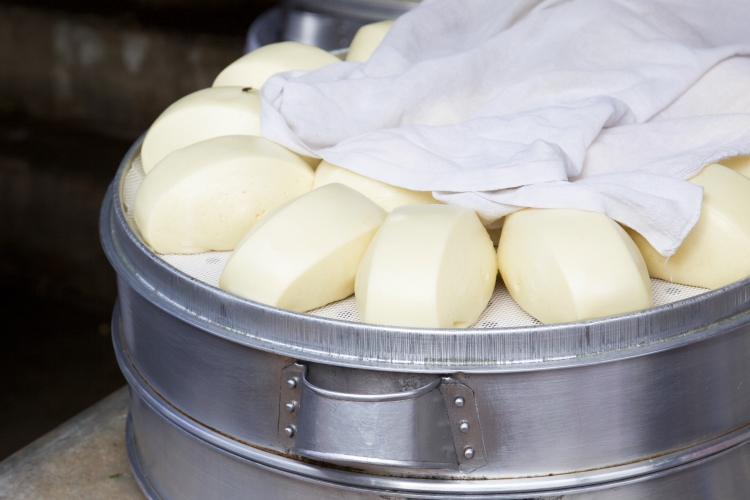
Some shops also offer mantou in different flours, such as corn flour or sweet potato.
2) Huajuan (花卷, huājuǎn)
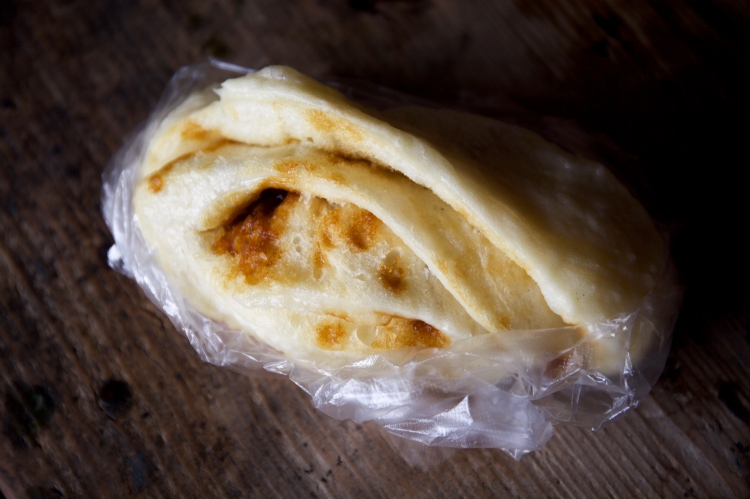
This is exactly like mantou except for the shape. The shape reflects its name, literally translated as “flower twist.” Huajuan can also be rolled in brown sugar, which makes it resemble a sort of cinnamon roll. I have also seen huajuan rolled with minced meat, but that is much less common.
3) Rice Cake (米糕, mǐ gāo)
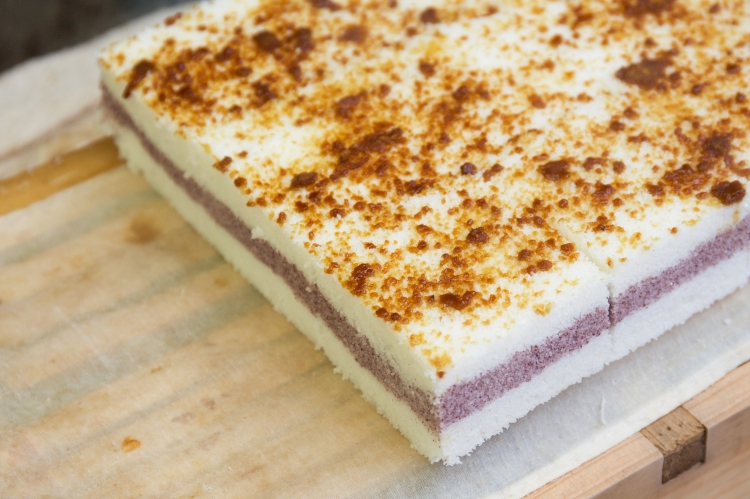
Make from rice flour and then steamed, rice cakes are bland and very chewy. The only flavor they have is a thin layer of brown sugar either on top or in the middle. Rice cakes are definitely not my favorite.
4) Steamed Buns 包子 (bāozi)
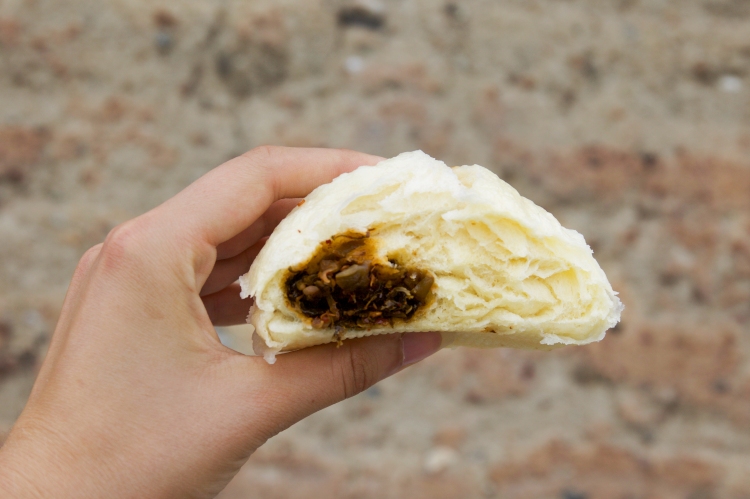
Last, but certainly not least. Baozi can come with many different fillings, the most common is roubao, or pork and scallions. Sweet versions can hold red bean or brown sugar and nuts. I have also tried pickled vegetables, mushrooms (a Yunnan specialty), and a special soy sauce pork variety.
After trying a bunch of different baozi from different shops throughout China, I can confidently say that the best baozi shop I have ever been to is just beyond the morning market in Xizhou. Their baozi dough is flakey and melts in your mouth – both of which are characteristics I didn’t realize baozi could have. I wrote my baozi post before I found this shop, so it is worth mentioning and including more photos.
Just look at those layers!! Incredible.
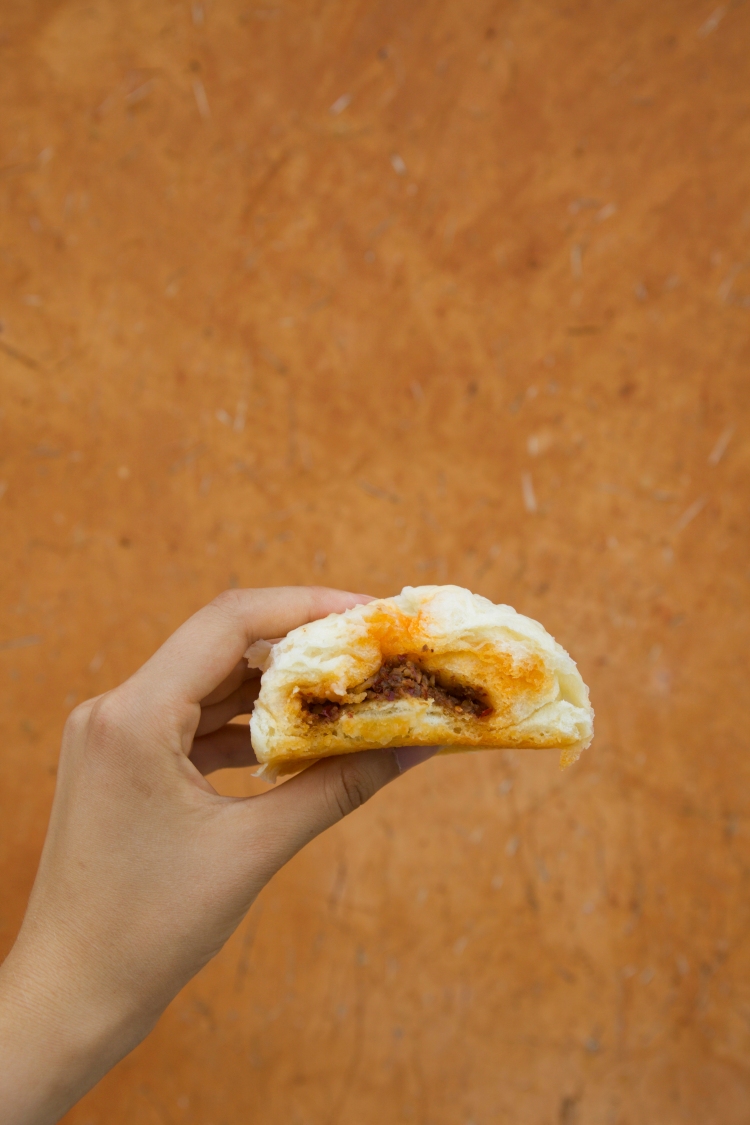
One of the best (and possibly dangerous) things about baozi is that they are ridiculously affordable, too. Almost every time, a huge baozi is just 1 RMB, or 15 cents.